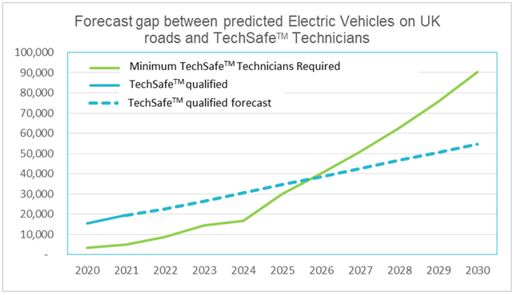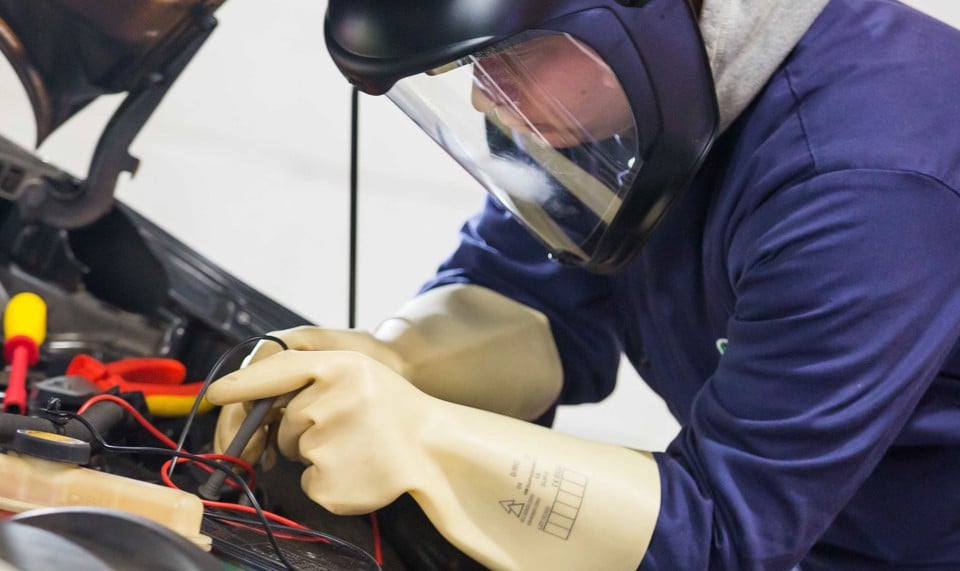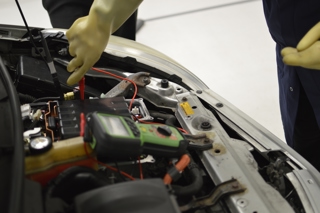There will be a shortfall of almost 36,000 EV-trained technicians by 2030 if retraining isn’t addressed urgently, warns the Institute of the Motor Industry (IMI).
The skills gap is expected to materialise in 2026, when the number of required technicians will exceed the current forecasted number of those trained.
New analysis from the IMI suggests 90,000 automotive technicians will be required to provide sufficient workforce to service the volume of zero emissions vehicles predicted to be on UK roads by 2030 - the government’s Road to Zero deadline.
IMI chief executive, Steve Nash, said: “As of 2020, there were 15,400 qualified TechSafe technicians in the UK. That number represents just 6.5% of the UK automotive sector and was already giving us cause for concern. Our new analysis paints an even more challenging picture.
“The pace of EV adoption is accelerating, even while the issues around infrastructure remain a barrier. Once the charging network is fit for purpose, combined with electric vehicles becoming more financially accessible, the next big challenge will be how to ensure we have a workforce adequately qualified to provide the essential servicing, maintenance and repair to keep these vehicles safe on the roads. And that’s where we believe government attention – and funds – should be focused now.
“Whether it’s looking at incentives to retrain the existing workforce, or ensuring that school-leavers and people changing the direction of their career are excited about the prospects of working in such a fast moving sector, there needs to be a mind-shift in how to fix the widening skills gap.
"Significant investment is being ploughed into infrastructure, but the government still seems to be ignoring the fact that without a skilled workforce, it will fail in its decarbonisation ambitions.”

The IMI is repeating its plea for the government to commit funding to support EV skills training. It is suggesting a £15m boost would play a critical role, contributing towards training for up to 75,000 technicians.
In the context of the £1.9bn investment committed by government in the 2020 Spending Review to supporting the transition to zero emission vehicles for charging infrastructure and consumer incentives, the IMI believes this is a modest figure.
Nash added: “The current gaping chasm in EV skills not only presents a safety threat for those who may risk working on high voltage vehicle systems without appropriate training and qualifications; it also means the premium on skills could add to costs for motorists, creating another, unnecessary deterrent to the switch to EV.
“The government wants the adoption of EV to continue at a pace – the investment in EV charging needs to be matched by an investment in EV skills training to help employers ensure the workforce is EV-ready and electrified motoring doesn’t come at a premium.”



















Login to comment
Comments
No comments have been made yet.